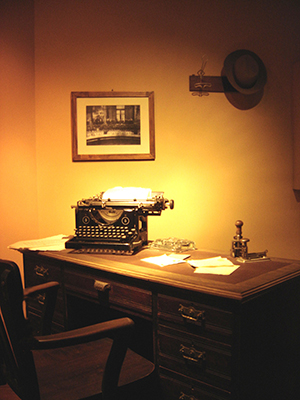 Consider these three simple questions:
Consider these three simple questions:
- What do you look to achieve in a first draft?
- How extensively do you revise?
- What do you want to get out of an editor?
What are your answers?
You might never have thought about any of these questions too deeply. Your expectations might be amorphous, and only gain definition when you’re faced with any of these circumstances.
But, if you’re going to write, they are questions worth thinking about.
What do you look to achieve in a first draft?
Some writers seek perfection with early drafts, agonizing over every paragraph, every sentence, every word. Others are happy to get their ideas out in whatever mess they fall, and try to perfect in revision.
How extensively do you revise?
Some writers pride themselves on producing quality early drafts that (they believe) don’t need much revision. Others torturously rework material over and over and over, trying to wring perfection from every pass, but never entirely comfortable with the text.
What do you want to get out of an editor?
Some authors are happy for editors to chop and change text, if not insert their own prose. Other authors find this overstepping, and prefer that the editor highlights passages and explains their concerns, so the author can then take whatever steps are required. And yet others don’t expect editors to do anything more than correct grammar, spelling, and punctuation.
This is a very basic insight into each of these three questions. As people, we’re unique. As writers, we try to be distinctive. But in terms of our practices, we share commonalities. For example, a question you might hear is this: Are you a planner or pantser? Meaning do you plan (hence: planner) your writing before you begin, or do you fly by the seat of your pants (hence pantster)? Generally, despite how different we are as writers and people, we’ll fall predominantly into one or the other category.
As far as these three simple questions go, you need to find a methodology that:
- helps you write
- helps you get the best out of yourself
- ensures you finish what you’re writing
- gives your writing every chance of succeeding, e.g. being published
- will ensure your writing connects with an audience.
Think about how you do these things and if what you’re doing works. You might think the way you’re doing things is fine, but never finish a first draft. Or you might have lots of material, but rarely get acceptances. You might be constantly at odds with editors, unsure why they don’t understand you or your writing.
And, most importantly, you might think you know it all.
Over the next three weeks, we’ll be asking these same questions to an array of established authors.
Next week, the first question: What do you look to achieve in a first draft?
